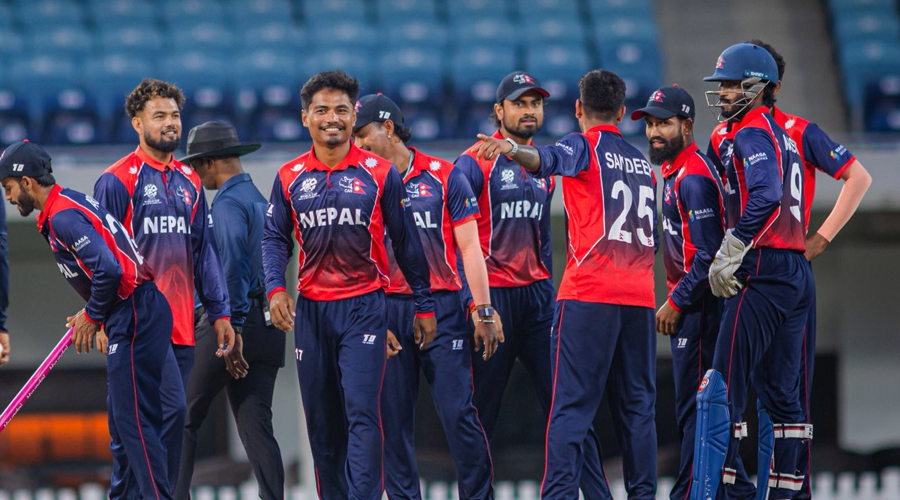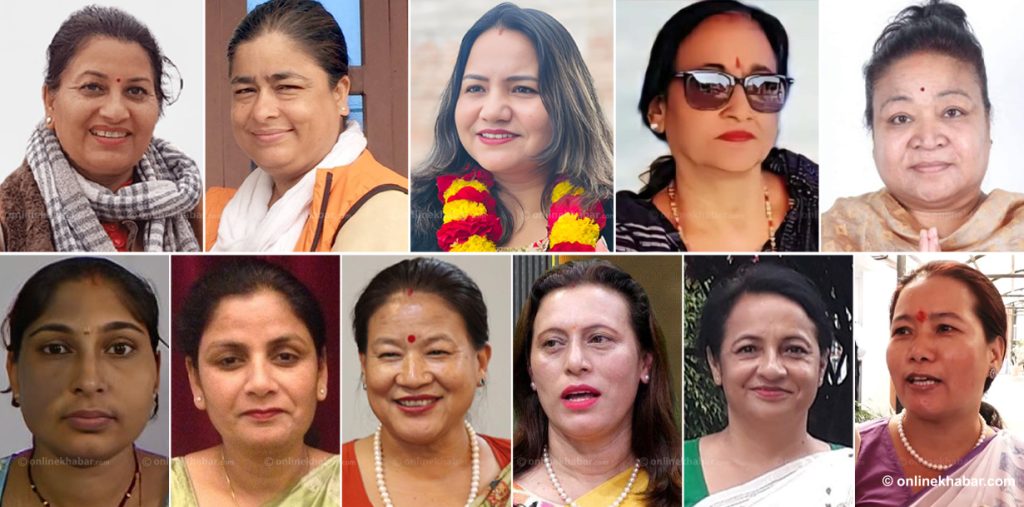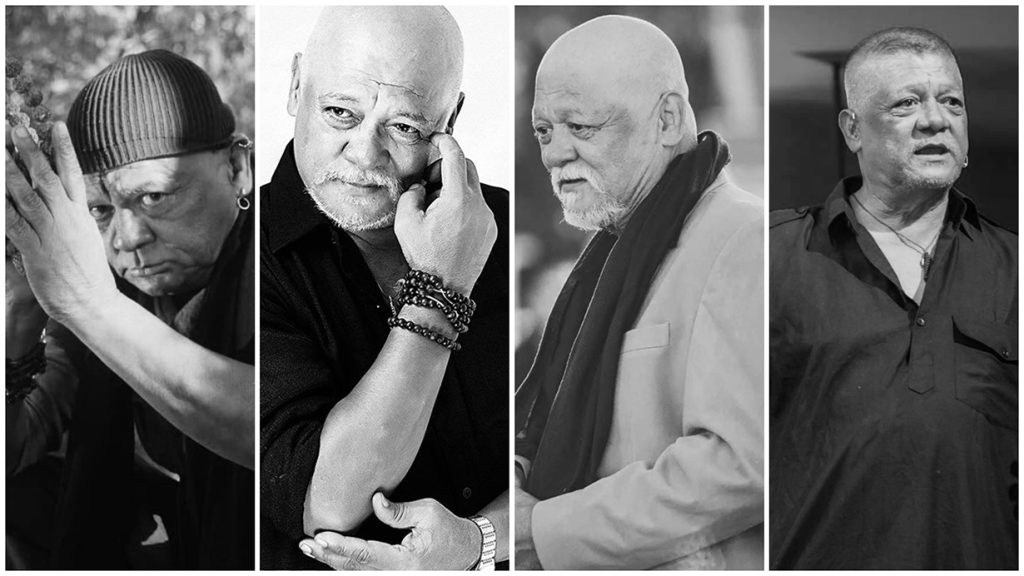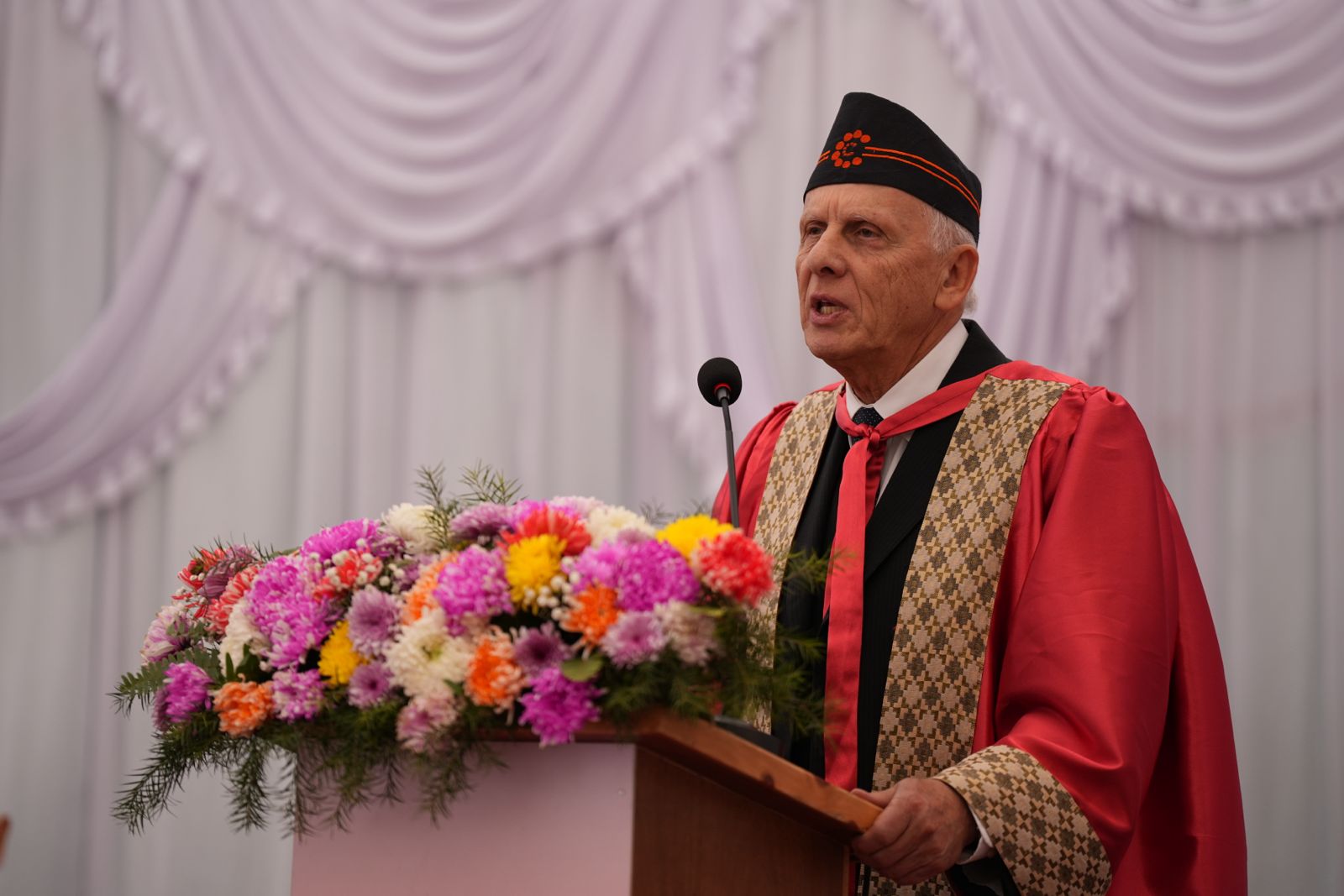The Hindu festival, Teej, has huge importance in all Hindu families in Nepal. Yet, the way of celebration is quite different from other festivals because only women celebrate this, with fasting, worship, singing, and dancing.
I am always a part of the celebration with my mother, sisters, and other friends. But, one question is always there in my mind: why only women, not men?
Nowadays, men also join Teej musical programmes, but I have never seen men join women at the Pashupati temple for worship. Also, I do not know many men who have fasted for a long life of their wives and would-be wives and for the joy, and happiness of the family.
We can see the power relations in our everyday practice and cultural celebrations also. If any man doing the same things as women, like worship, fasting for the long life and happiness of the family, it sounds unnatural. Hence, it is interesting to talk about how mythological festivals such as Teej reflect power relations existing in society so as to limits the tools of resistance against the male-dominating society. As we know Teej songs speak about women’s conditions like what kind of treatment they faced in everyday practice, yet, there are tools of resistance such as songs and other group interactions.
Mythology and messages
The festival is based on Hindu mythology, according to which Parvati, the daughter of Himalaya, devoted her life to Lord Shiva. She admired him and wanted to marry him, but her father promised her marriage with God Vishnu. Parvati showed her serious penance and dedication to Shiva. Consequently, one day, Shiva noticed her sincere efforts and accepted her marriage proposal.
Commemorating the same, on the day of Teej, women worship Lord Shiva and Goddess Parvati and take fast, conventionally praying for the long life of their husbands whereas unmarried girls fast with a wish for a good husband as a blessing of Lord Shiva. On the same day, women enjoy their time wearing new traditional clothes, using makeup, and singing and dancing.
Meanwhile, there is another festival called Rishi Panchami that falls two days after the Teej festival, and it is also considered a part of the same celebration by many. On this day, women worship Saptarshi and listen to a story related to menstruation. According to the story, women who are menstruated are impure and the worship that day “purifies” them.
These “holy” stories set some boundaries and limitations for women: if women do not follow these rules, it will be a sin. Hence, paradoxically, the celebration is all focused on women’s happiness, but it also has some practices that control everything for the everyday practice. In each step of celebrating Teej, women have to think about family, husbands, children, and even their health: menstruation.
Resistance with songs and dances

Resistance is a challenge to the dominating power in any form. Resistance includes a different level of action to speak against the oppressive system.
Theorist James Scott says, “People come to believe and share their ideologies which repress them, or accept as a particular social order as a natural way”. For example, gender roles function unequally but it is considered natural by many. It happens because the dominating system always tries to ignore the consciousness and often regulates its power in everyday practice.
In a patriarchal society, women need to stay in their husbands’ houses after marriage. The transfer from one place to another creates an identity crisis in their own (husband’s) home. The crisis might increase with social judgments, discrimination, domination of social status, and power of the family. Women are always victimised by that dominating system and they struggle to express their feelings and freedom, which comes out as a form of singing and dancing. These songs symbolise the voices against dominating gender practices although even during the celebration, these mythological tales are imposed to strictly control them.
Songs and dances are a strong form of resistance against efforts to control women. For example, the new Teej song, Chari Jelaima, by Bishnu Majhi is such a representative piece that thousands of women can connect their lives with it. It represents the ground level of reality in our society. Not only this song, but there are also many traditional Teej songs on YouTube that are related to women’s emotions, sacrifice, and struggling situation with the oppressive condition.
Nonetheless, all these voices are limited only in cultural practice. Women connect themselves with these songs during these festivals only and forget everything after the next day of the celebration. Their voice is limited within a cultural practice, not everyday practice.
Teej is a good occasion for singing, dancing and interaction about good or bad experiences of life. Those women who never come out from home can connect with friends. Through interactions, they can able to build confidence which helps to release suppressed emotions.
Celebrating Teej not only gives us new saris, ornaments, social media popularities, but it also has some hidden messages which we need to understand and try to apply to everyday practice. These strong messages have been suppressed by patriarchal systems, but we should get those hidden messages as tools of resistance. Singing, dancing, and celebration are one part of our culture, however, everyone needs to continue to raise their voice as tools of resistance against the oppressive system like these songs.
Happy Teej!
























